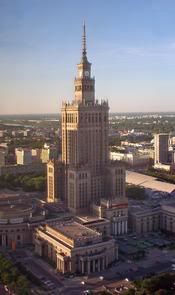Europe's real crisis
Financial Times:
Europe must again confront the forces of illiberalismIt is economic performance - not the European Union budget or any proposed constitution - that will determine the fate of the "European Project". After all, Hitler came to power in 1933 due to "ordinary economic voting behaviour" when the mainstream parties' economic agendas were unconvincing, not because a majority of German voters then embraced Nazi ideology. Similar feelings of frustration about economic change without evident benefits are rife in western Europe today.
Echoing the 1920s and 1930s, competitive pressures on lower-skilled workers and the once-protected petit bourgeoisie are blamed on international capital and on inequitable global treaties. Declining birth rates, especially compared with poorer neighbours, are deemed to threaten European stability, just as they were in the inter-war period. Liberalisation and economic integration are under attack once again as self-defeating if not immoral. Resistance to economic reform is fertile ground for anti-liberal politics. In Europe, then and now, the ability of interest groups to exploit economic discontent outstrips the influence of reasoned debate. Identification of liberalisation with subversion of national (and self) interest is forcing continental mainstream parties to choose between sticking to reform efforts and losing seats to more radical alternatives, or going backwards on economics to avoid being outflanked.














0 Comments:
Post a Comment
< Main